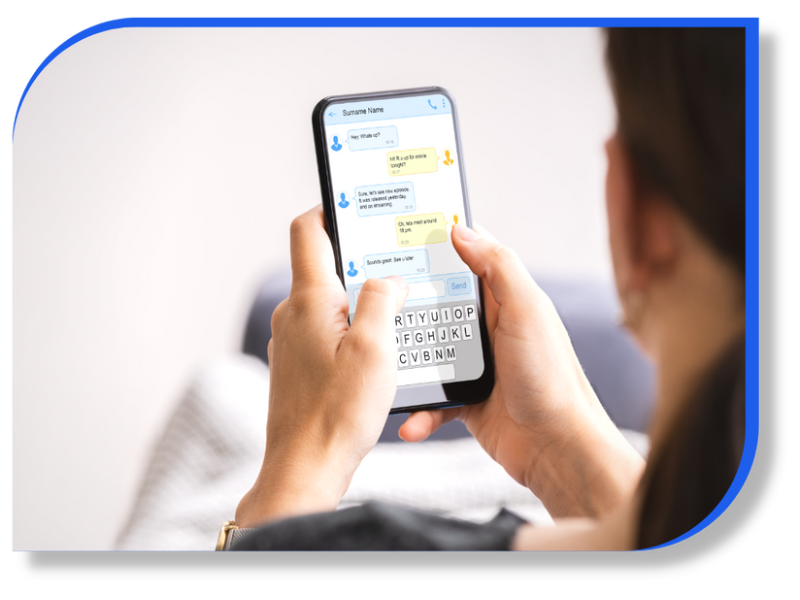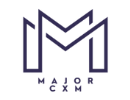Blog

Tips for Booking Appointments and Writing Follow-Up Emails
In the fast-paced world of business, scheduling appointments and effectively following up with potential clients is essential for success. Whether you're a salesperson trying to land a meeting or a business owner looking to secure important engagements, mastering the art of booking appointments and writing compelling follow-up emails can make all the difference. In this comprehensive guide, we'll explore the best practices and strategies for successfully booking appointments and ensuring that your follow-up emails leave a lasting impression.
Section 1: Understanding the Importance of Follow-Up Emails
The Power of Follow-Up Emails
When it comes to scheduling appointments, follow-up emails play a crucial role in maintaining engagement and increasing attendance rates. A well-crafted follow-up email demonstrates your professionalism, attention to detail, and genuine interest in the meeting. It also provides an opportunity to provide additional information and reinforce your value proposition.
Timing is Key
Knowing when to send a follow-up email is just as important as the content itself. It is generally recommended to wait one to three days after the initial contact before sending a follow-up email. If you don't receive a response within that timeframe, don't hesitate to send a second email to ensure that your message is not overlooked.
Crafting Effective Reminder Messages
Follow-up emails before appointments can also serve as reminders. It's important to include key details such as the date, time, and location of the meeting to ensure that attendees are well-prepared. By providing clear and concise information, you can minimize the chances of no-shows and ensure a successful appointment.
Section 2: Strategies for Booking Appointments
Making a Lasting Impression
To increase your chances of booking appointments, it's crucial to disarm potential clients and establish a personal connection. Instead of relying on generic email templates or cold calling scripts, take the time to personalize your communication. Tailor your message to each individual, making them feel valued and understood.
Leveraging Technology
In today's digital age, there are various software solutions, calendar apps, and website plugins available to streamline the appointment booking process. These tools offer numerous benefits, such as the ability to schedule and manage appointments from anywhere, set specific booking times, sync calendars across different platforms, and even collect important client information before the meeting.
The Power of Discovery
One common mistake when booking appointments is using the same generic approach for every potential client. To stand out from the crowd, invest time in proper discovery. Research your prospects and understand their specific needs and pain points. By demonstrating a genuine understanding of their challenges, you can tailor your approach and make a compelling case for why a meeting with you is valuable.
Section 3: Writing Compelling Follow-Up Emails
Personalization is Key
When writing follow-up emails, it's essential to continue the personalized approach. Reference specific details from your previous interactions to demonstrate that you have been actively engaged with the potential client. Highlight any new information or insights that have emerged since the initial contact to keep the conversation relevant and meaningful.
Showcasing Value
In your follow-up email, take the opportunity to reinforce the value you can provide. Clearly communicate how your product or service can address the client's pain points and achieve their goals. Share success stories or testimonials from previous clients to build trust and credibility. By showcasing the value you bring, you can increase the likelihood of securing the appointment.
Keeping the Conversation Going
Beyond simply requesting a meeting, use your follow-up email to keep the conversation going. Ask open-ended questions to encourage a response and show genuine interest in the potential client's needs and objectives. By fostering a dialogue, you can establish a stronger connection and set the stage for a productive meeting.
Section 4: Choosing the Right Appointment Booking Platform
Evaluating Booking Platforms
When selecting an appointment booking platform, consider both your needs and those of your clients. Look for software that offers user-friendly interfaces, mobile compatibility, payment options, and the ability to schedule and manage appointments with multiple participants. Integration with other tools, such as customer relationship management (CRM) systems and email tracking, can also streamline your workflow and enhance the overall experience.
Must-Have Features
Ensure that your chosen platform meets certain criteria. It should be easy to use for both you and your clients, offer customizable features, and provide automated reminder systems. The ability to integrate with your website, run independently from your site, and connect with other cloud-based calendars and mapping solutions are also important considerations. Additionally, look for features that allow clients to suggest changes to appointments and track their acceptance status.
Conclusion
Booking appointments and writing effective follow-up emails are essential skills for success in the business world. By implementing the strategies and best practices outlined in this guide, you can increase your chances of securing appointments and fostering meaningful connections with potential clients. Remember to personalize your communication, leverage technology, showcase value, and choose the right appointment booking platform to streamline your workflow. With these tips in your arsenal, you'll be well-equipped to navigate the appointment booking process with confidence and professionalism.

Major Playbook to SMS Marketing
This Major Playbook to SMS Marketing will help you turn your shoppers from prospective buyers into high-paying customers faster than ever before by creating efficiency in your sales process by quickly identifying their particular needs, qualifying them, and empowering them to buy without discounting your services and products.


